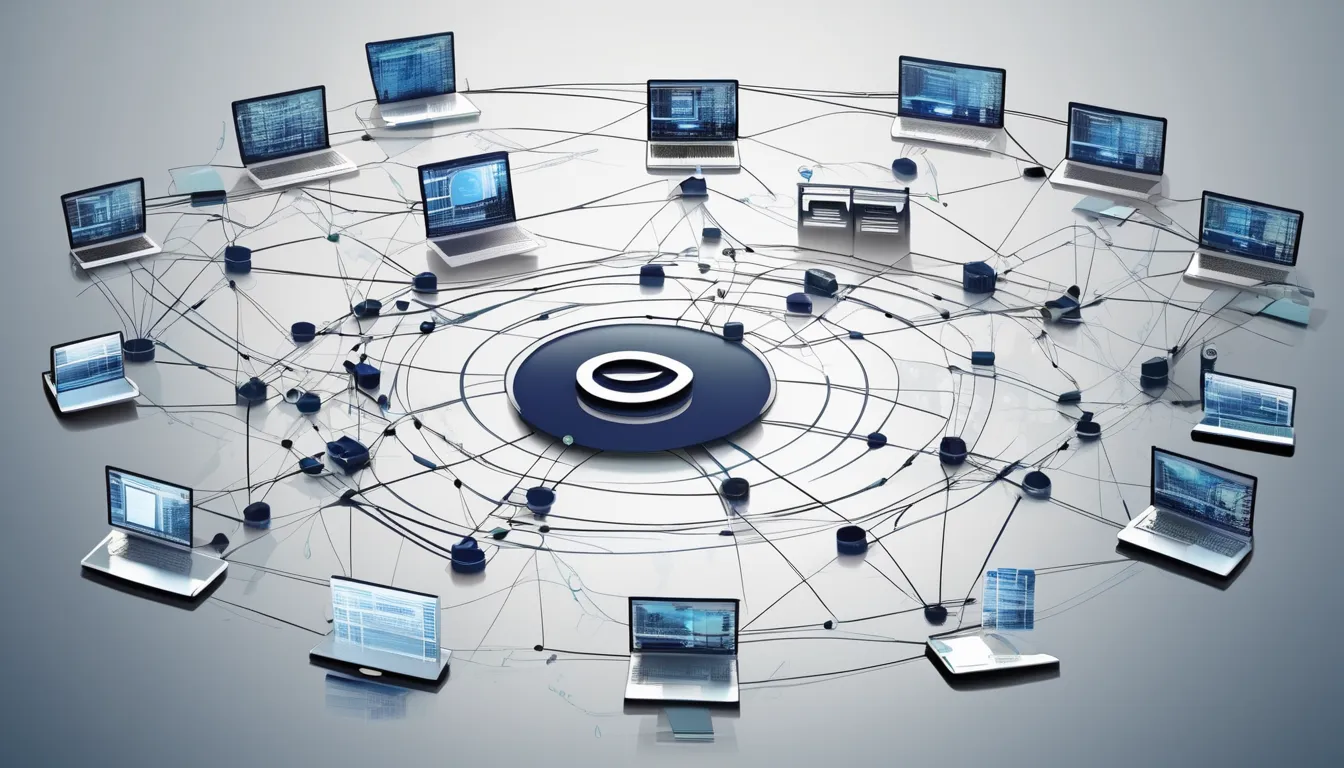
As you navigate the digital world, you’re constantly making decisions that can impact others and your own online presence. With the widespread use of Information and Communication Technology (ICT), it’s essential to consider the moral implications of your online actions. You’re likely aware of some of the issues, such as online harassment and intellectual property concerns, but have you stopped to think about the broader impact of your digital footprint? As you consider the complexities of cyber ethics, you’ll begin to realize that there’s more at stake than you initially thought – and that’s just the beginning.
Understanding Cyber Ethics
As you dive into the world of technology, you’re likely to encounter the concept of cyber ethics, a set of guidelines that govern your online behavior. These guidelines help you navigate the complexities of the digital world and ensure that your actions don’t harm others or compromise their rights.
Cyber ethics involves being mindful of how your online actions affect others and taking responsibility for your digital footprint.
When you’re online, you’ll encounter various situations that require you to make ethical decisions. For instance, you might stumble upon copyrighted material or come across a situation where you need to respect someone’s privacy.
In such cases, knowing what’s right and wrong is crucial. Cyber ethics provides a framework for making these decisions and helps you develop a sense of digital citizenship.
ICT and Personal Data
ICT and Personal Data
Information and Communication Technology (ICT) plays a significant role in collecting, storing, and processing personal data. You use various ICT platforms, such as social media, online banking, and e-commerce websites, which collect and store your personal data.
This data may include your name, email address, phone number, financial information, and browsing history.
When you share your personal data online, you entrust the service providers with safeguarding it. However, you also have a responsibility to protect your personal data.
You can do this by setting strong passwords, using two-factor authentication, and being cautious when sharing sensitive information online.
Moreover, you should be aware of the terms and conditions of the services you use. Some service providers may share your personal data with third parties, while others may use it for targeted advertising.
It’s essential to read the fine print and understand how your personal data will be used. By taking these precautions, you can minimize the risk of your personal data being misused or compromised.
Online Harassment and Bullying
With the rise of social media and online platforms, you’re increasingly exposed to various forms of online harassment and bullying.
You may be a victim, a witness, or even a perpetrator, often without realizing it.
Online harassment can take many forms, from hurtful comments to threats and intimidation.
Here are some common types of online harassment you might encounter:
- Cyberstalking: when someone repeatedly tracks or monitors your online activity.
- Trolling: when someone intentionally posts inflammatory or hurtful comments to provoke a reaction.
- Online threats: when someone sends threatening messages or emails.
- Body shaming: when someone posts or sends hurtful comments about your appearance.
You can take steps to protect yourself from online harassment.
Be cautious when sharing personal information online, and avoid engaging with people who post hurtful or inflammatory comments.
If you’re a victim of online harassment, report it to the platform or seek help from a trusted friend, family member, or authority figure.
Intellectual Property Concerns
Intellectual property concerns in the digital age can have severe consequences for individuals and organizations. When you share, download, or use digital content, you might unknowingly infringe on someone’s intellectual property rights.
These rights protect original works, such as music, movies, software, and written content. Ignoring these rights can lead to serious repercussions, including costly lawsuits and damage to your reputation.
You should be aware of the intellectual property laws in your country and understand what constitutes fair use. If you’re unsure about using someone’s work, always ask for permission or explore alternative options.
Be cautious when sharing files, using peer-to-peer networks, or downloading content from unknown sources. These actions can put you at risk of violating intellectual property rights.
When creating digital content, you should take steps to protect your own intellectual property.
Use copyright notices, register your work, and consider using digital rights management tools. By taking these precautions, you can safeguard your creations and prevent unauthorized use.
Building a Cyber Code
Embracing a cyber code of ethics can significantly impact your online interactions and digital footprint.
As you navigate the digital world, it’s essential to establish a set of guidelines that govern your behavior. By doing so, you’ll be better equipped to make in netwerkbeheer med decisions and avoid potential pitfalls.
Building a cyber code involves considering the following key elements:
- Respect for others’ rights: Recognize that online actions can have real-world consequences, and respect the rights and privacy of others.
- Honesty and integrity: Be truthful in your online interactions, and avoid misrepresenting yourself or your intentions.
- Responsibility and accountability: Take ownership of your online actions, and be prepared to face the consequences of your decisions.
- Continuous learning and improvement: Stay up-to-date with the latest developments in cyber ethics, and be willing to adapt your code as needed.
Conclusion
You’ve seen the complexities of the digital world and the need for a cyber code of ethics. It’s up to you to be mindful of how your online actions affect others and take responsibility for your digital footprint. By understanding cyber ethics, you can navigate the digital world with respect for others’ rights and honesty in your interactions. Make informed decisions, and let’s promote responsible and respectful online behavior together.